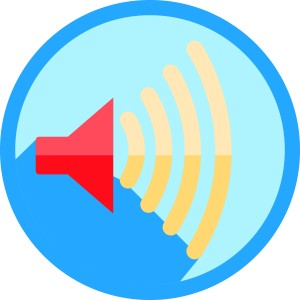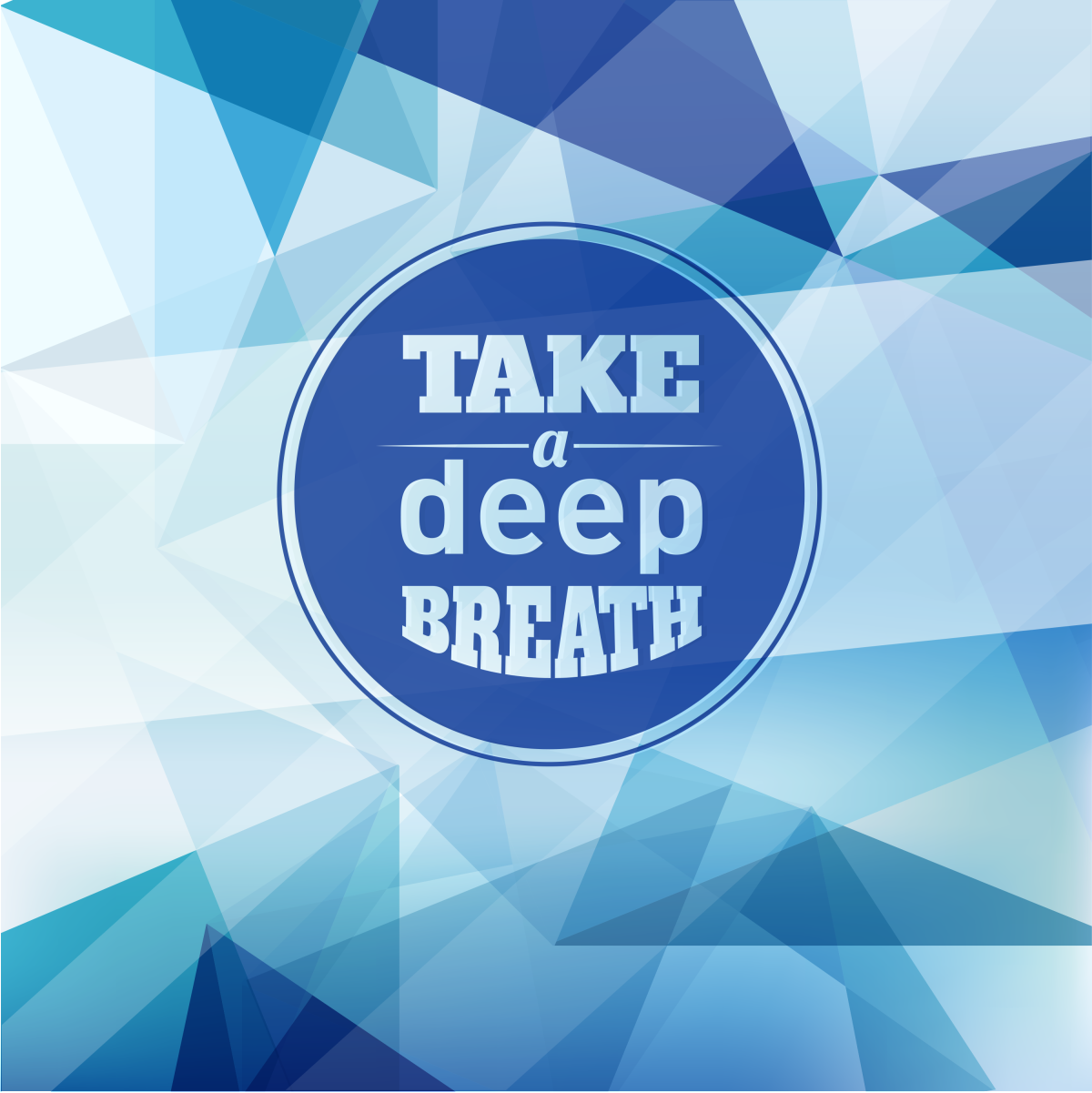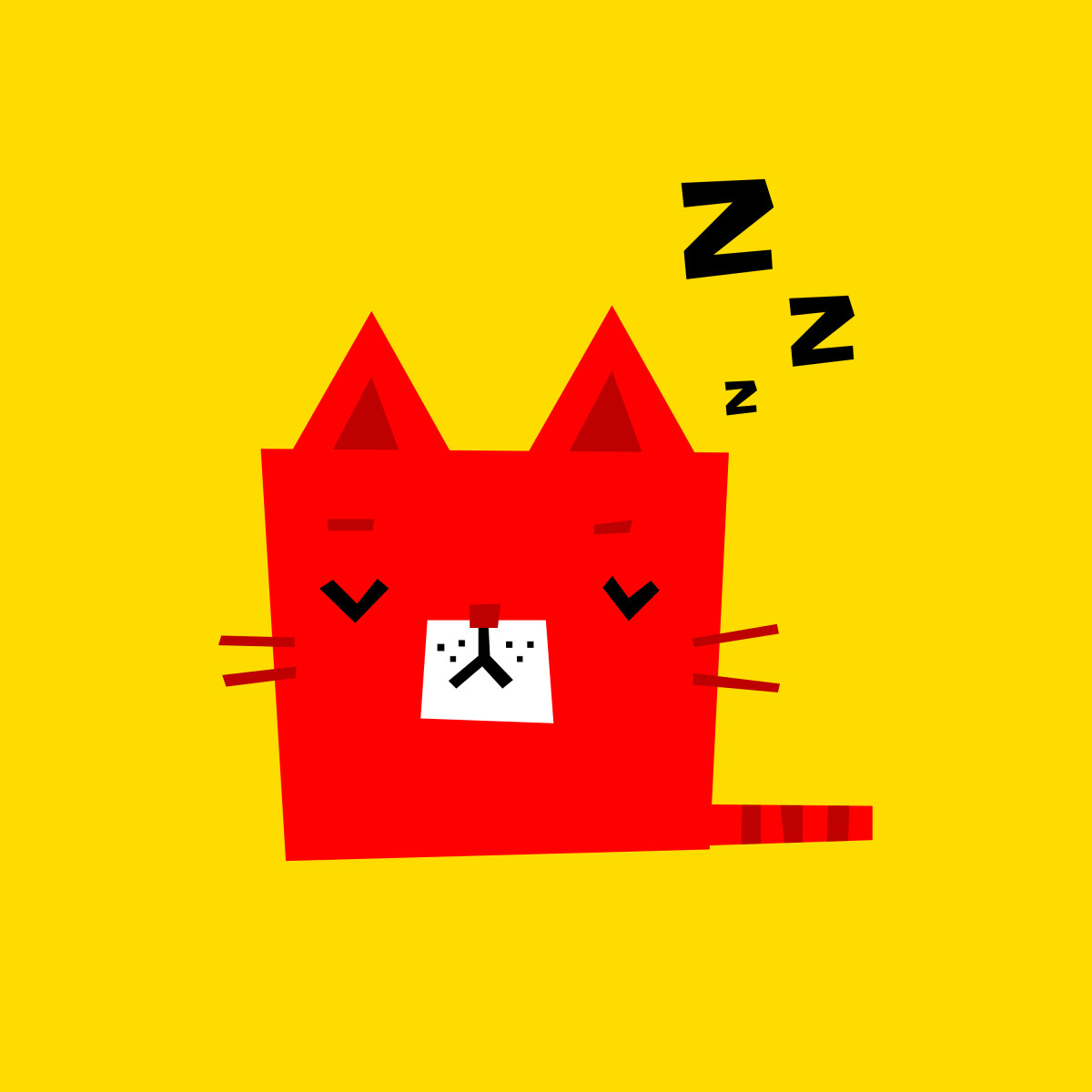I was the guy who scoffed for decades at all those wimps who “needed” 8 hours of sleep per night. Sleep routine? Bah.
“Pansies!” I mocked.
I regularly got by on 4-6 hours a night. I figured I was superhuman or something. I’d use Sunday afternoon naps to “catch up.” I was macho and I knew it.
Problem is, it’s hard to argue with science. And science says pulling that kind of stunt poses all kinds of problems. Your body and brain need a solid 7-9 hours to reboot and refresh itself. Not getting enough solid sleep jeopardizes that process.
Truth is, sleep deprivation increases the chances of:
- diabetes
- depression
- cardiovascular disease
- weight gain
- stroke
- hypertension
- even Alzheimer’s disease
Yikes!
In addition, lack of solid sleep actually makes you age faster. Isn’t it crazy that people spend boatloads of money trying to look and feel younger while ignoring the simplest of tools: get better sleep?
Want to feel better? Get better sleep.
Want to look better? Get better sleep.
Want to exercise better? Get better sleep.
Want to ____ better? Get better sleep.
I cant’ avoid it any longer. 2016 is the year I’m addressing my sleep routine. Maybe you should too.
Following are 4 mistakes I’ve been making. They’re all too common.
And, here’s what to do instead.
Sleep Routine Mistake 1: What You do with Your Eyes

Okay, so the light from both those big screens TV’s and little screen smartphones and tablets scrambles your brain waves quite a bit. It has to do with “blue light.”This makes it harder for your brain to stop the hamster wheel and get to sleep quickly and soundly.
So, this year I’m banishing my phone from my nightstand where it’s been since I got my first. I’m just too tempted to check Facebook, check scores, check email, watch Netflix, whatever.
At least an hour before bed, the TV gets turned off and the phone goes on the charger in my bathroom, goes on silent, and is left there for the night. I’ve got my phone alarm set loud enough that I’ll hear it to get up. It also helps with hitting snooze – I’m 2 steps from the shower.
→ Bonus tip 1: sounds simple, but if you need something to slow down the hamster wheel in your brain, try a book, like a real one, one with pages and ink (not an e-reader). Pick one with content not TOO excitable as that can keep you awake as well!
→ Bonus tip 2: to send a signal to your brain that it’s time to start getting ready for sleep, get rid of bright lighting by dimming the lights around your house about an hour before bed. Biologically speaking, this helps initiate your body’s circadian rhythm.
Sleep Routine Mistake 2: What You Eat

We’ve been notorious in our family for eating late. It’s just plain not a good idea for your body, in general. It thwarts your weight loss endeavors for one. But for another, your body doesn’t rest well on a full stomach.
We’re trying to eat dinner as close to 6 as possible these days. Sometimes that’s not possible due to crazy schedules we moderns maintain. When this is the case, split dinner into two snacks and keep the later one as light as possible.
→ Bonus tip 1: If you’re a wine drinker, you know that it can help you sleep. But avoid drinking it after 6-7 because drinking wine closer to 9-10 disrupts your deep sleep.
→ Bonus tip 2: There are vitamins and nutrients that have been linked with better sleep. Vitamin D is one. Many adults in middle age lack Vitamin D. Take yours closer to bedtime. A few others associated with better sleep? Magnesium, potassium, and melatonin.
→ Bonus tip 3: I haven’t tried this yet, but based on what I’ve read, “Golden Milk” a turmeric based concoction is dynamite for inflammation, as well as for helping induce sleep. Google it for your own personal recipe. I’ve got turmeric ordered and can’t wait to try this out.
Sleep Routine Mistake 3: What You Do with your Body

Modern man definitely sits waaay too much. More and more of our work is done at a computer – sitting. And usually, in the evenings, we’re sitting even more watching TV or reading. We’re too sedentary. This leads to stiff muscles and joints, which can interrupt solid sleep.
Change that. Here’s what I’m doing. I’m doing 30 minutes of Yoga just before bed. Clearly, it’s relaxing, it increases blood flow to muscles and joints, and I go to bed much looser and less stiff.
Again, the interwebs are full of pre-bedtime yoga routines. Surf a bit to find one that works for you.
Sleep Routine Mistake 4: What You Listen To

Our family tends to be incredibly active, loud, and rambunctious right up until bedtime. It’s like we have two speeds: on and off.
In addition to lowering the lighting about an hour before bed, changing what hits my eardrums also helps.
I’m eliminating highly charged news or political content, TV shows that are upsetting or highly charged, intense music, etc. You get the idea. And this should be a no-brainer, but I’m just getting intentional about it in 2016. Here’s the National Sleep Foundation’s recommendation.
Clearly there’s more than can be done to get better rest at night. These are just the 4 I’m focusing on for the beginning of 2016. I’ll re-assess in a few months.
Oh, and by the way, most studies suggest that any changes in your sleep routine can take up to 3 weeks to really take hold. So, If you don’t notice a difference right away, make sure you give it enough time.
Are you making sleep a priority this year? If so, what are you doing to get better sleep in 2016? Comment below.

Here’s to better Z’s (especially for those of us in middle age)!
Scott
(like it / share it ⇓ ⇓ ⇓)





